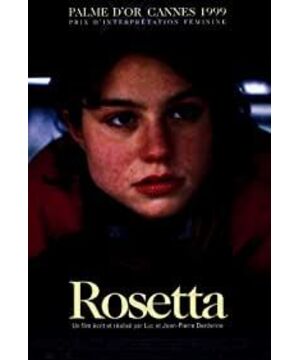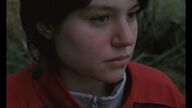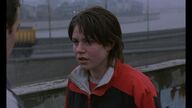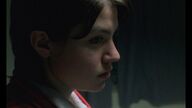Rosetta lived like reinforced concrete, despised cowardice, never shed a tear, and her overly rational intuitive reaction made her instinctively suppress her emotional appeal. Her mother's escape and self-contempt are the source of her hatred of life. In order to persuade her alcoholic mother, the two tore to the ground, but were pushed into the quagmire of the river by her mother. Her dialogue with herself in the dark is what moved me the most. A girl who coexists with weakness and fortitude, trying to achieve harmony between herself and herself. In order to work, she reported Li Kui, who had a crush on her. The section where the two pushed and fought on the overpass for this matter showed the cruelty and hopelessness at the bottom. In order to work and live, she struggled to be honest with her employer. But Li Kui's persecution made her feel ashamed and decided to commit suicide. The five-minute long shot at the end of "Rosetta" shows Rosetta struggling to get home with a heavy gas bottle to commit suicide, while Riquel tirelessly entangles around Rosetta on a motorcycle. The heavy gas fell to the ground, and at that moment she finally burst the embankment and burst into tears. Rosetta is lifted up by Lique, and the two miserable people look at each other. Fate is such a mockery that Rosetta lost the right to end her own life. At this time, the camera still focuses on Rosetta's expression very restrictively. The film is very documentary. Most of the shots are close-up close-ups to directly attack the emotions of the protagonist. The shaking hands + limited frame make full use of the space outside the painting to guide the audience to think. There is no other soundtrack in the whole film except for the percussion in Li Kui’s rental house. This makes the film more realistic. How should Rosetta, who was betrayed by life, face the rest of her life? The film ends with an open-ended association...
View more about Rosetta reviews











